
Vietnamnet
2145 newsArticles by author

Difficulties in getting capital hinders startup sector
In 2016, total investment value in startups in Southeast Asia reached US$1.5 billion, but less than US$100 million was poured into Vietnam.
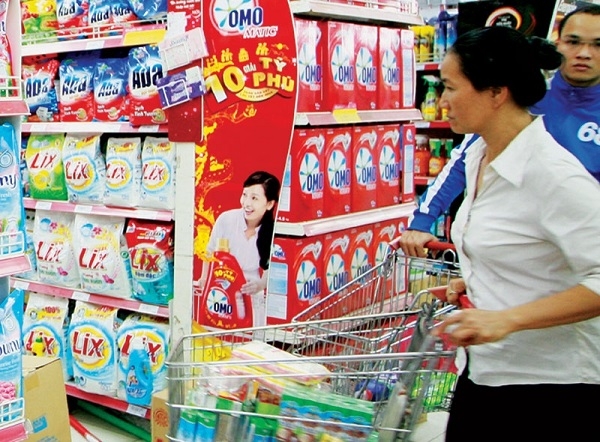
Foreign detergent brands corner market, but local brands still thrive
Unilever and P&G alone hold up to 80% of the domestic detergent market, pocketing huge profits. With revenue of US$600-650 million a year and growth rate of 10%, the Vietnamese detergent market is very attractive to manufacturers.
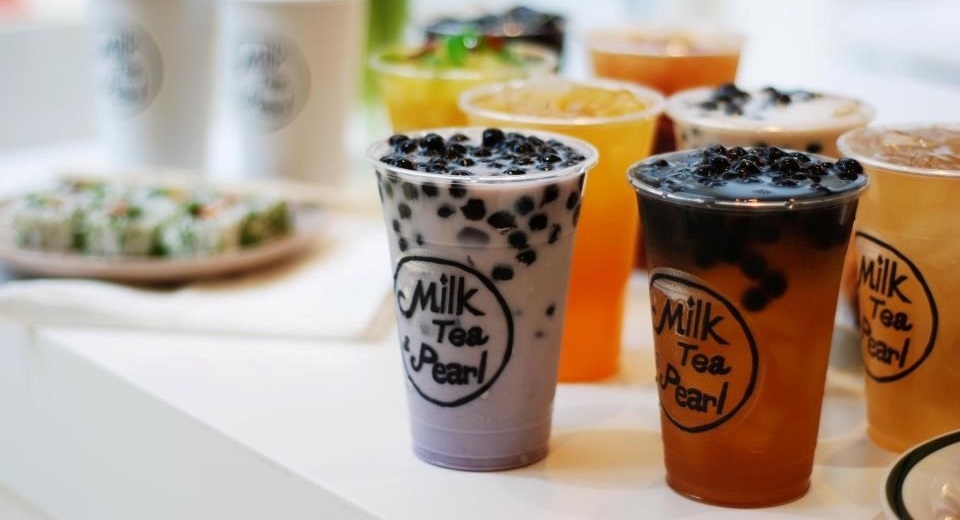
Addresses for milk tea connoisseurs in Hanoi
The flavor of tea appears clearly after drinking, and the scent spreads in the mouth with a sour and bitter taste that only tea connoisseurs can realize.
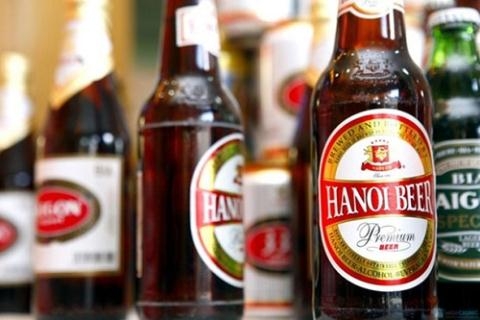
Will brewer brands fall into foreign hands?
Foreign investors have shown their intention to buy a stake in Habeco and Sabeco, but Vietnamese experts say that local buyers should protect the two brands.
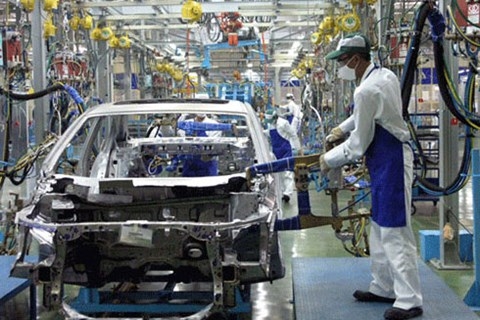
Vietnam to develop support industries with VinFast
Increasing the localization ratio in industrial products and becoming more involved in the global production and supply chain are the top concerns of Vietnamese enterprises.
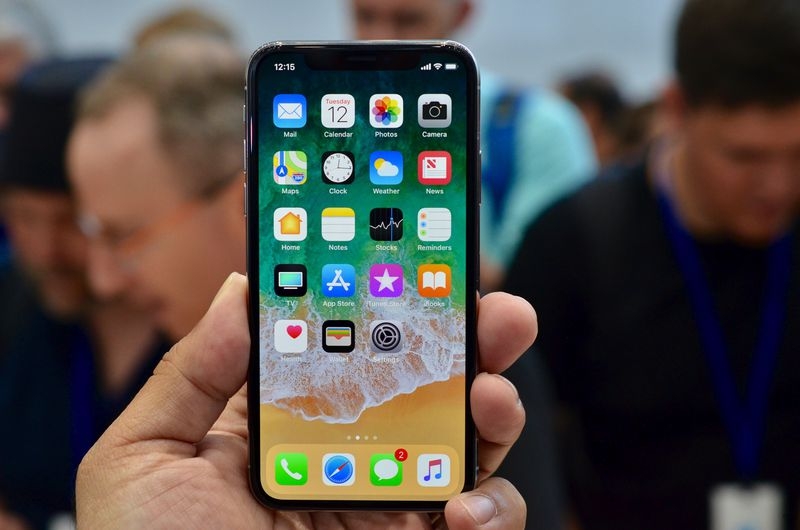
Smartphone dealers predict sky-high prices for new iPhone 8
FPT Shop, the direct importer of Apple iPhones and iPads in Vietnam, has announced that iPhone 8, iPhone 8 Plus and iPhone X will be available in Vietnam by the end of October or early November and priced from VND20.99 million.
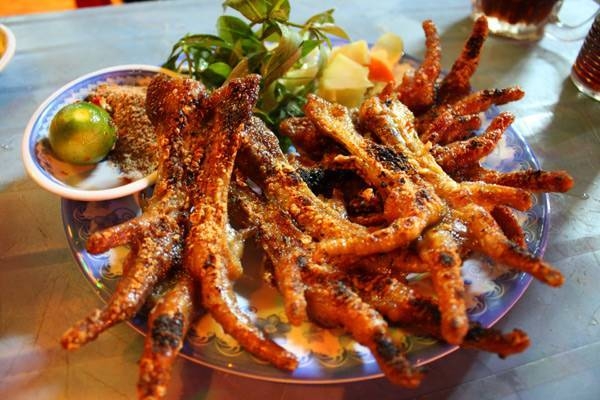
Chicken feet dishes in Hanoi
Chicken feet are processed with many spices and enjoyed in different ways which can satisfyany diner’s taste. The dishes have become more popular in Hanoi.
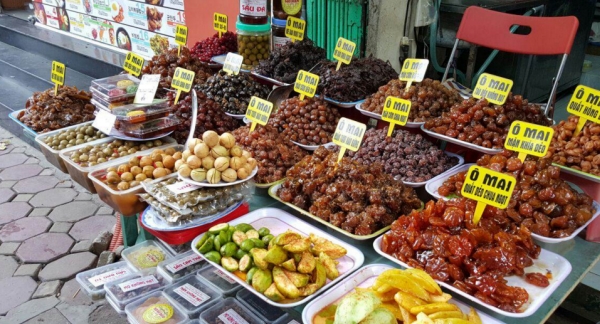
O mai – Hanoi’s delicious nosh
In the past, visitors always bought boxes of salted or sugared dry fruits on Hang Duong Street as gifts.
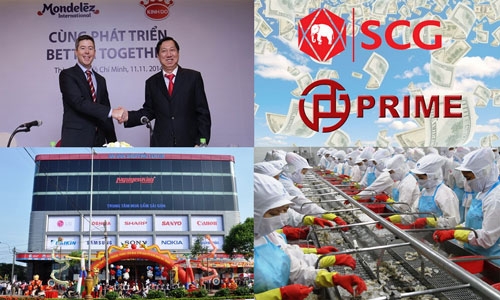
Powerful conglomerates win duels with foreign players
Many Vietnamese tycoons have won battles with foreign businesses, successfully preventing foreigners’ hostile takeover attempts.
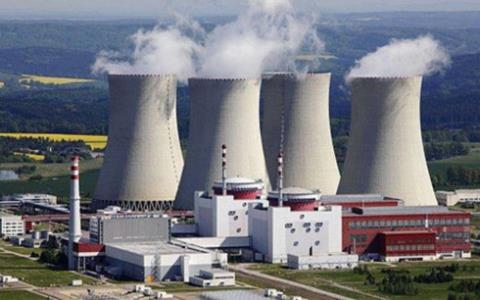
Nuclear science & technology center to be built in Hanoi
Vietnam will develop a nuclear science & technology center with two components in Da Lat and Hanoi, according to the director of the Vietnam Atomic Research Institute, Tran Chi Thanh.
